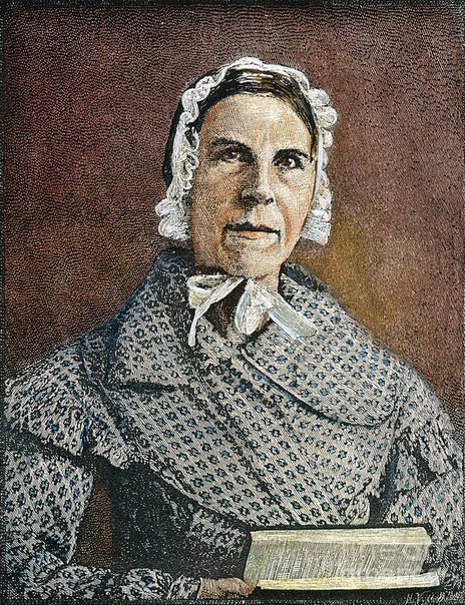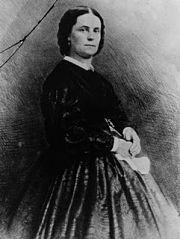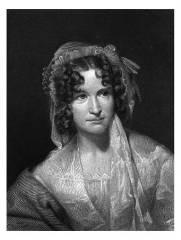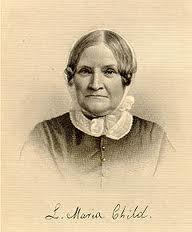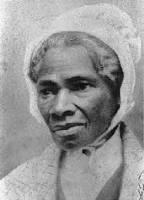Sarah Grimke helped pioneer the antislavery and women’s rights movements in the United States. The daughter of a South Carolina slave-holder, she began as an advocate for the abolition of slavery, but was severely criticized for the public role she assumed in support of the abolitionist movement. In Letters on the Equality of the Sexes, and the Condition of Woman (1838), Grimke defended the right of women to speak in public in defense of a moral cause. Childhood and Early Years Sarah Moore Grimke was born on November 26, 1792, in Charleston, South Carolina. She was the eighth of fourteen children and the second daughter of Mary and John Faucheraud Grimke, a wealthy plantation owner who was also an attorney…
